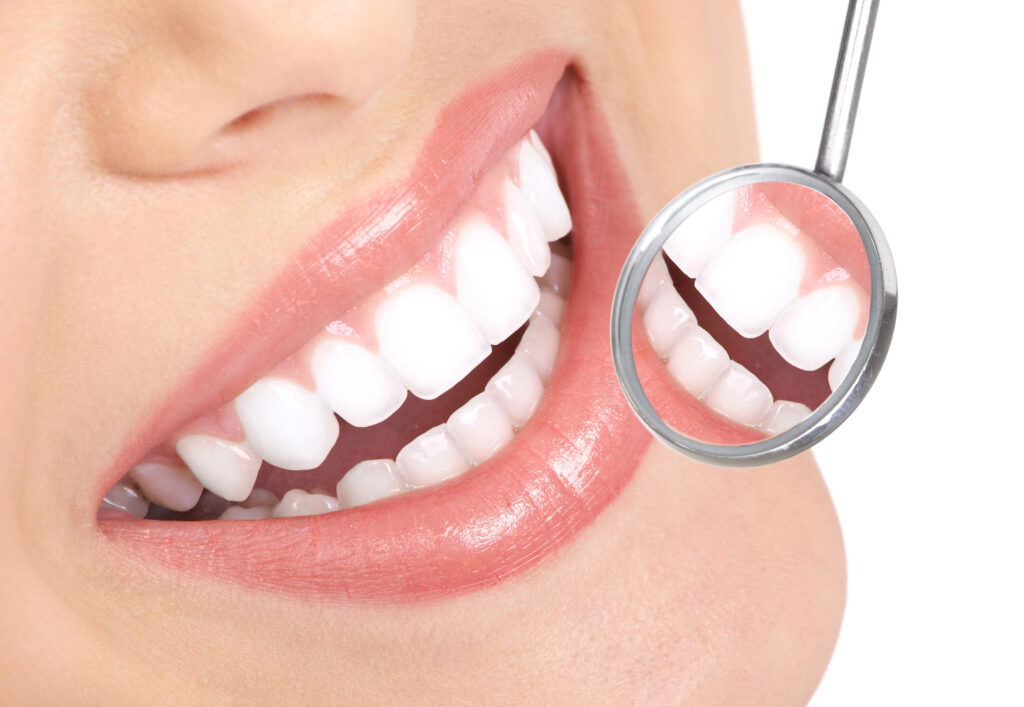The Benefits of Fluoride
The Benefits of Fluoride Prevents tooth decay: Demineralization of teeth is prevented by getting itself incorporated into the enamel mineral, forming Fluorapatite. Fluorapatite is more resistant to acid dissolution than the regular enamel crystal hydroxyapatites. Strengthens enamel-fluoride works on the partially demineralized subsurface enamel crystals and enhances remineralization of teeth by incorporating itself into the […]
The Benefits of Fluoride Read Post »







